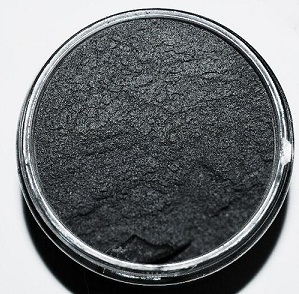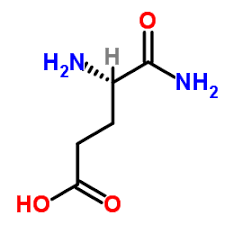Pharmacodynamic effect of Activated charcoal
Common charcoal is made from peat, coal, wood, coconut shell, or petroleum. "Activated charcoal" is similar to common charcoal. Manufacturers make activated charcoal by heating common charcoal in the presence of a gas. This process causes the charcoal to develop lots of internal spaces or "pores." These pores help activated charcoal "trap" chemicals.

Application
Activated charcoal is commonly taken by mouth to treat poisonings. It is also used for intestinal gas (flatulence), high cholesterol, hangovers, upset stomach, and bile flow problems (cholestasis) during pregnancy.
Activated charcoal is applied to the skin as part of bandages for helping heal wounds.
What is the pharmacodynamic effect?
The effectiveness ratings for Activated charcoal are as follows:
Poisoning. Activated charcoal is useful for trapping chemicals to stop some types of poisoning when used as part of standard treatment. Activated charcoal should be given within 1 hour after a poison has been ingested. It does not seem to be beneficial if given for 2 or more hours after some types of poisoning. And activated charcoal doesn't seem to help stop all types of poisoning.
Lowering cholesterol levels. So far, research studies don't agree about the effectiveness of taking activated charcoal by mouth to lower cholesterol levels in the blood.
Diarrhea caused by the cancer drug irinotecan. Irinotecan is a cancer drug known to cause diarrhea. Early research shows that taking activated charcoal during treatment with irinotecan decreases diarrhea, including severe diarrhea, in children taking this drug.
Decreasing gas (flatulence). Some studies show that activated charcoal is effective in reducing intestinal gas, but other studies don't agree. It's too early to come to a conclusion on this.
Indigestion.Some early research shows that taking certain combination products containing activated charcoal and simethicone, with or without magnesium oxide, can reduce pain, bloating, and feelings of fullness in people with indigestion. It's unclear if taking activated charcoal by itself will help.
Treating reduced bile flow (cholestasis) during pregnancy. Taking activated charcoal by mouth seems to help treat cholestasis in pregnancy, according to some early research reports.
Preventing hangover. Activated charcoal is included in some hangover remedies, but some experts are skeptical about how well it might work. Activated charcoal doesn't seem to trap alcohol well.
How does it work?
Activated charcoal works by "trapping" chemicals and preventing their absorption.
Are there safety concerns?
Activated charcoal is LIKELY SAFE for most adults when taken by mouth, short-term, or when applied to wounds. Side effects taking activated charcoal by mouth include constipation and black stools. More serious, but rare, side effects are a slowing or blockage of the intestinal tract, regurgitation into the lungs, and dehydration.
Special precautions & warnings
Pregnancy and breast-feeding: Activated charcoal might be safe when used short-term if you are pregnant or breast-feeding, but consult with your healthcare professional before using if you are pregnant.
You may like
See also
Lastest Price from Activated carbon manufacturers

US $999.00-666.00/ton2025-04-21
- CAS:
- 64365-11-3
- Min. Order:
- 1ton
- Purity:
- 99%
- Supply Ability:
- 5000

US $3.50/kg2025-04-18
- CAS:
- 64365-11-3
- Min. Order:
- 1kg
- Purity:
- 0.99
- Supply Ability:
- 3000tons/month


